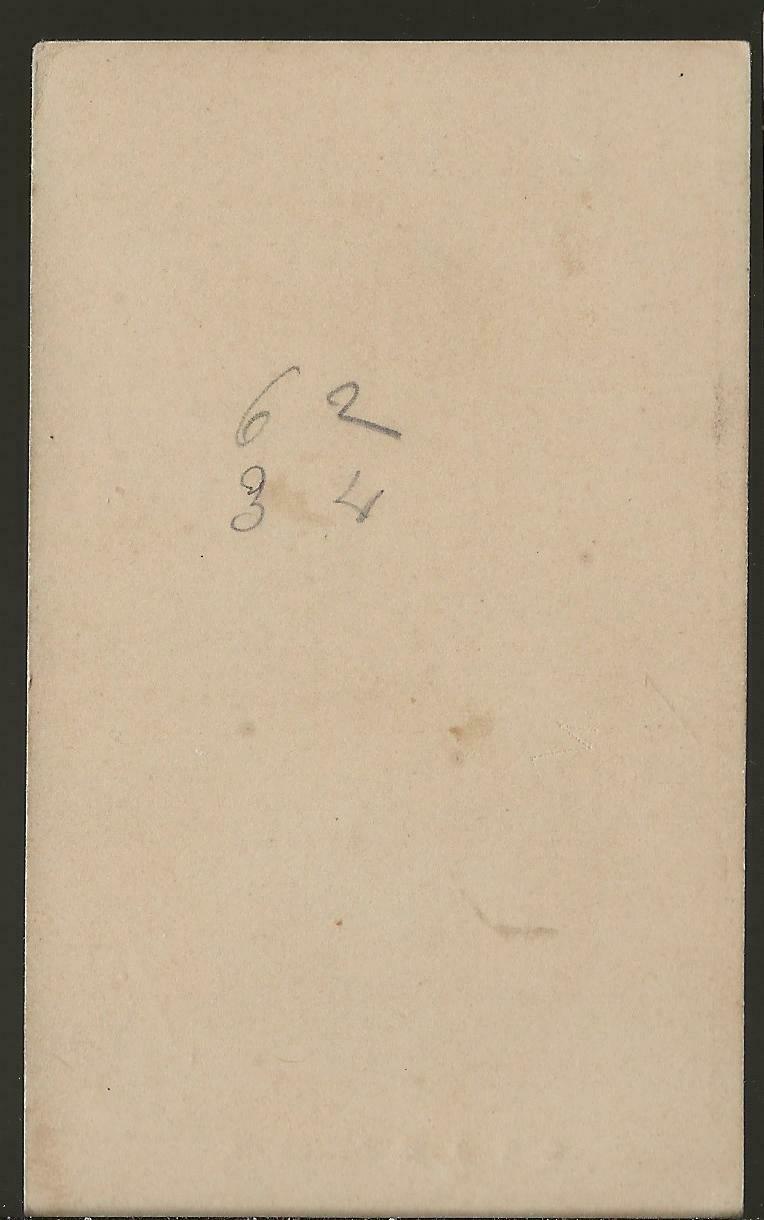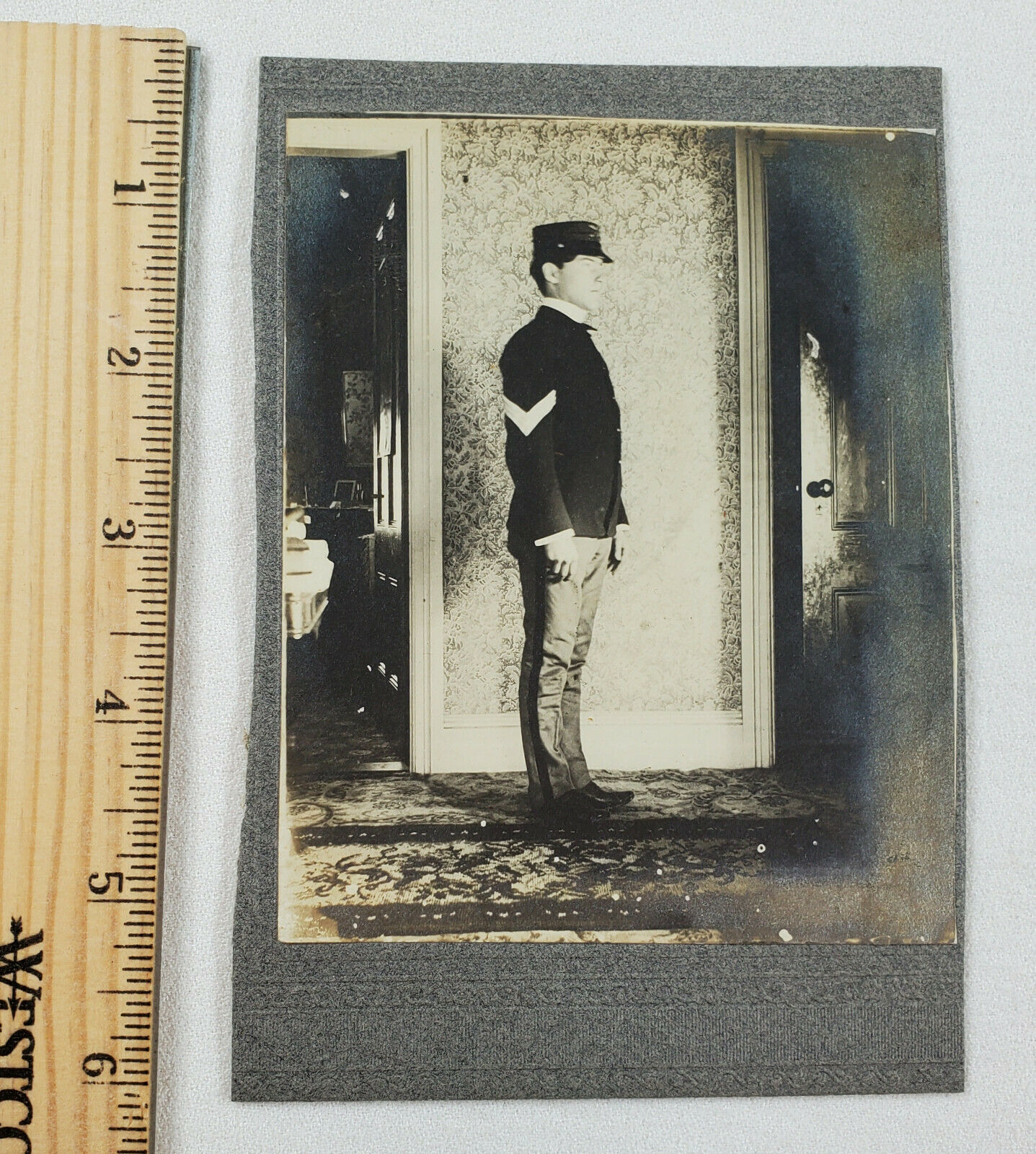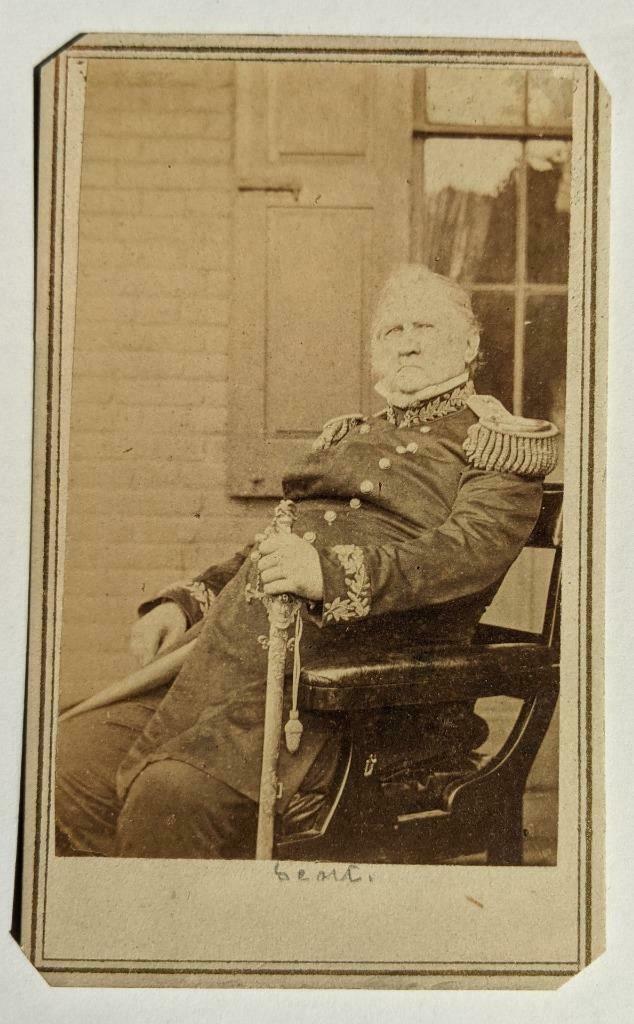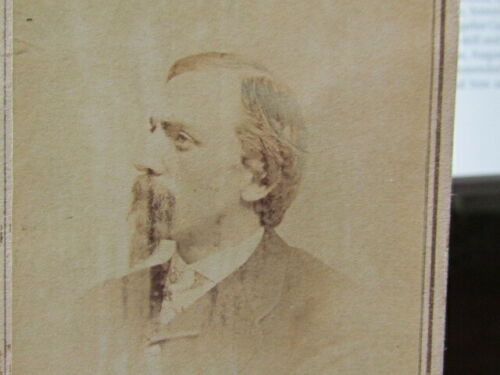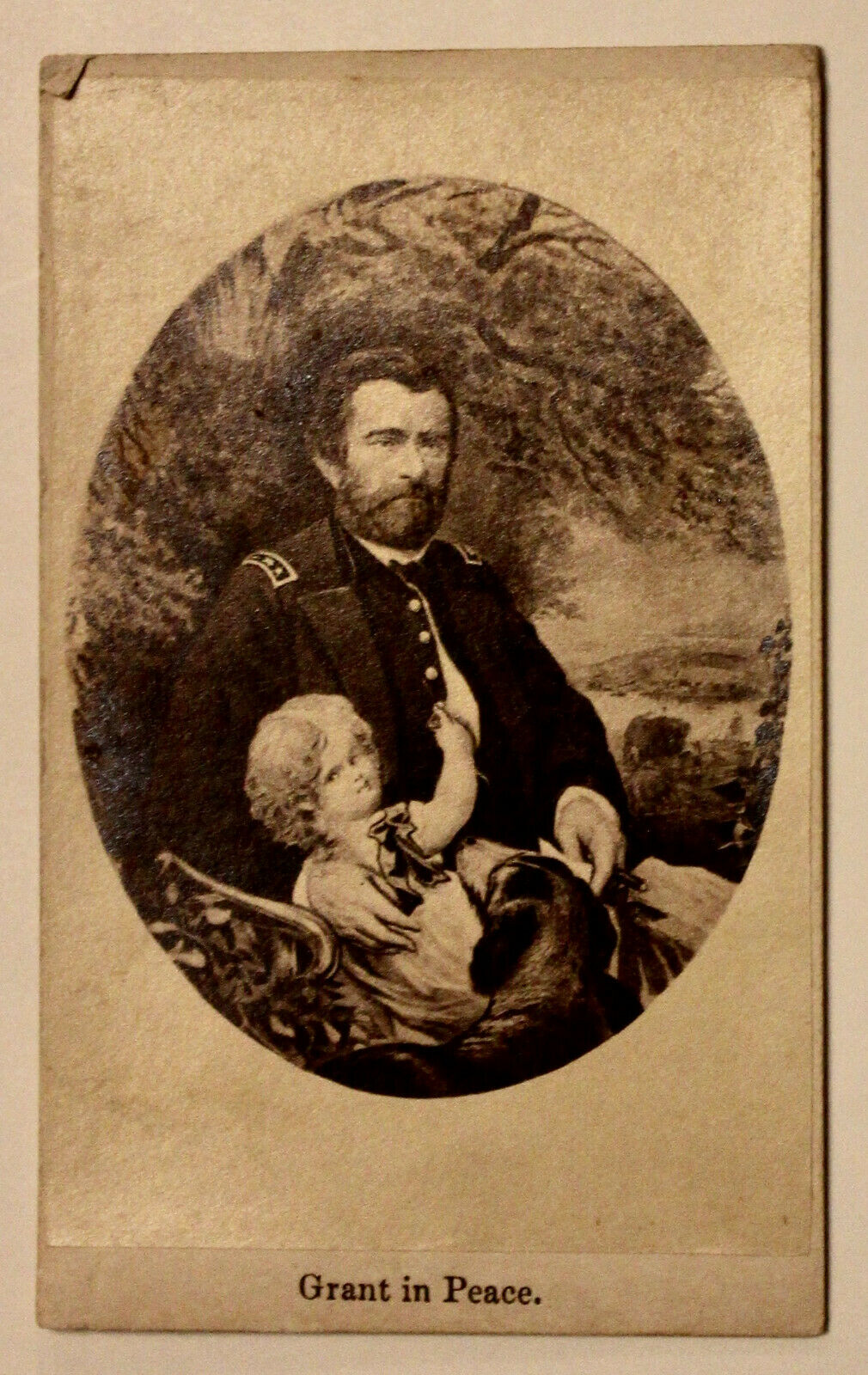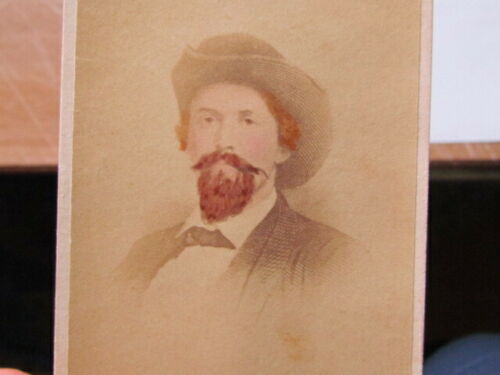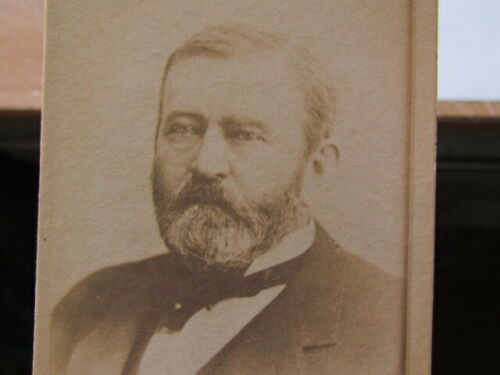-40%
Civil War CDV Confederate General Joseph B Johnston
$ 47.52
- Description
- Size Guide
Description
Condition as seen.Joseph Eggleston Johnston (February 3, 1807 – March 21, 1891) was an American career army officer, serving with distinction in the United States Army during the Mexican–American War (1846–1848) and the Seminole Wars. After Virginia seceded from the Union, he entered the Confederate States Army as one of its most senior general officers.
Johnston was trained as a civil engineer at the United States Military Academy at West Point, New York, graduating in the same class as Robert E. Lee. He served in Florida, Texas, and Kansas. By 1860 he achieved the rank of brigadier general as Quartermaster General of the U.S. Army.
Johnston's effectiveness in the American Civil War was undercut by tensions with Confederate president Jefferson Davis. Victory eluded him in most campaigns he personally commanded. He was the senior Confederate commander at the First Battle of Bull Run in July 1861, but the victory is usually credited to his subordinate, P.G.T. Beauregard. Johnston defended the Confederate capital of Richmond, Virginia, during the 1862 Peninsula Campaign, withdrawing under the pressure of Union Maj. Gen. George B. McClellan's superior force. He suffered a severe wound at the Battle of Seven Pines, and was replaced by Robert E. Lee.
In 1863, Johnston was placed in command of the Department of the West. In 1864, he commanded the Army of Tennessee against Union Maj. Gen. William Tecumseh Sherman in the Atlanta Campaign. In the final days of the war, Johnston was returned to command of the few remaining forces in the Carolinas Campaign. Union generals Ulysses S. Grant and Sherman both praised his actions in the war, and became friends with Johnston afterward.
After the war, Johnston served as an executive in the railroad and insurance businesses. He was elected as a Democrat in the United States House of Representatives, serving a single term. He was appointed as commissioner of railroads under Grover Cleveland. He died of pneumonia 10 days after attending Sherman's funeral in the pouring rain.

